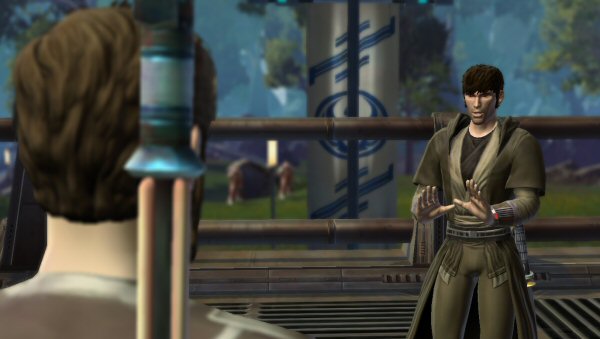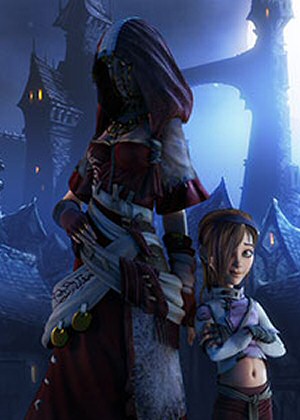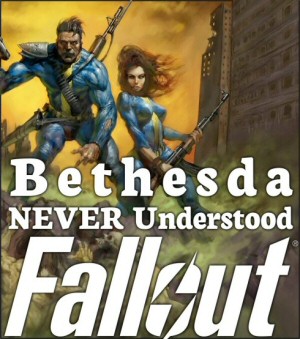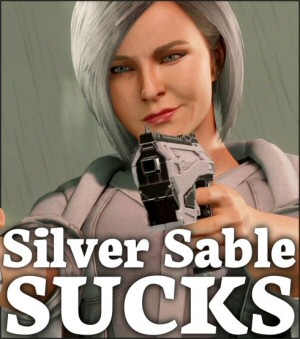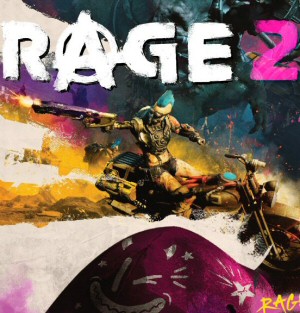Gilfareth asked:
What I'd like to know is how you think Bethesda approached dual-wielding when they finally put it in, given they weren't too excited about it by your reckoning. I'm also curious how else they might've implemented dual-wielding if they'd have added it at other points in the franchise (what would dual-wielding in Morrowind have looked like without a janky mod to do it?)
I have no idea if they were enthusiastic about it or not. I think it only became a design priority because there was significant and consistent fan investment in the idea, but that doesn’t mean the devs didn’t have fun with it.
Dual wielding would have been antithetical to Morrowind‘s combat–fighting in that game, with its predictable strokes and static footwork and and grounded aesthetic, wouldn’t have allowed for the round arcs and balanced twirls that give dual wielding its balletic appeal. What’s more–and you can trust me on this–both attacks would have been keyed to the primary mouse button in a continuation of Morrowind‘s firm “nothing should feel particularly good” policy.
I’d argue it wasn’t until Oblivion that the game felt up to having two weapons at a time, and once that happened, there was no particular reason not to besides the development effort involved. Tell me it’s impractical to attack with two swords at once and I’ll point out that swinging a mace at an unarmored man, wielding a battle-axe with a head as big as a pig, and bringing a dagger to an ogrefight are all choices that are ludicrous by conventional martial logic–and key to heroic fantasy. Dual wielding feels individualistic and cool, and therefore heroic, and therefore as though it should be effective. Why shouldn’t it be?
Da Mage asked:
Unlike almost most RPG series, The Elder Scrolls has never really had a morality scale, and apart from quests in Morrowind, most quests only ever have a single solution. Would the next Elder Scrolls game benefit from such a system? Even if it was just a system that forced some player-choice to be designed in quests.
If you’ll indulge an anecdote:
When Arvind first demoed our game Unrest at a convention, he had people play as Tanya the peasant girl. Her chapter presents a singular problem with no easy solution and a dozen nested complications: how should she react when betrothed to her childhood bully? In addressing the issue Tanya is presented not only with various perspectives, options, and appeals to safety–economic, social, and physical–but the reality that nothing she can choose is safe and nothing she can do will make everyone happy. Somebody has to be disappointed. Somebody may get hurt. And if she’s really unlucky, none of it might matter at all.
One player sat down and worked through the introductory dialogues with apparent interest. Upon coming to the first real choice–the first chance to express an opinion on what Tanya is going through–he stopped. He read the dialogue choices a few times. He seemed surprised. Then he said to Arvind, “All of these seem reasonable. Just tell me which one’s Paragon.”
I don’t like morality systems.
Continue reading ⟩⟩ “The Altered Scrolls: Q&A, Part 2”
 T w e n t y S i d e d
T w e n t y S i d e d



